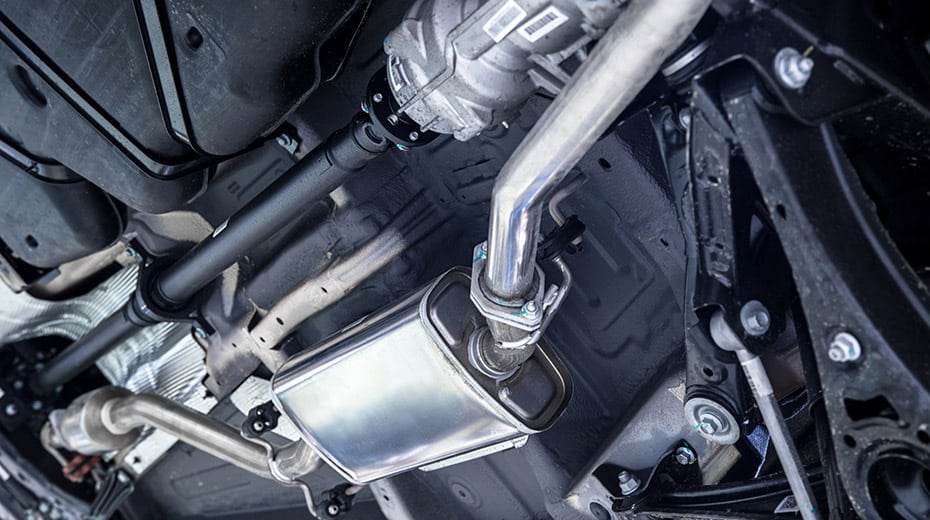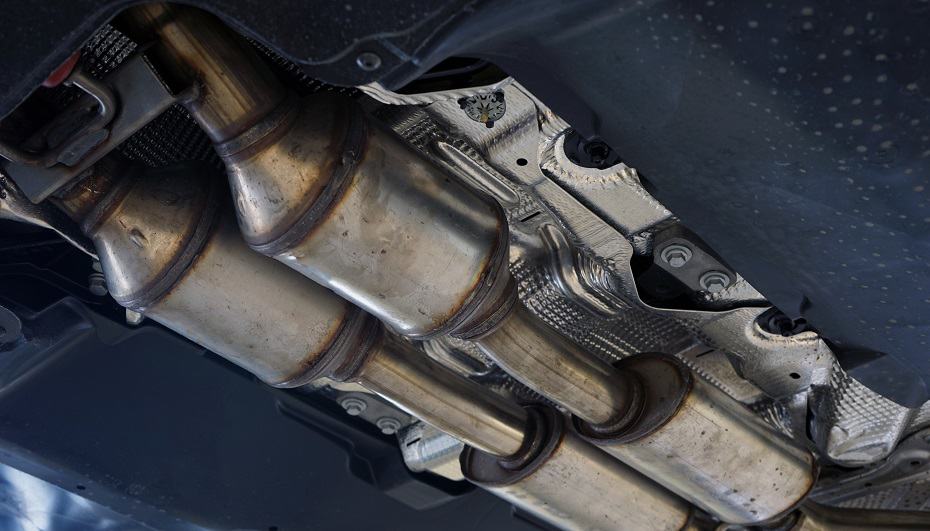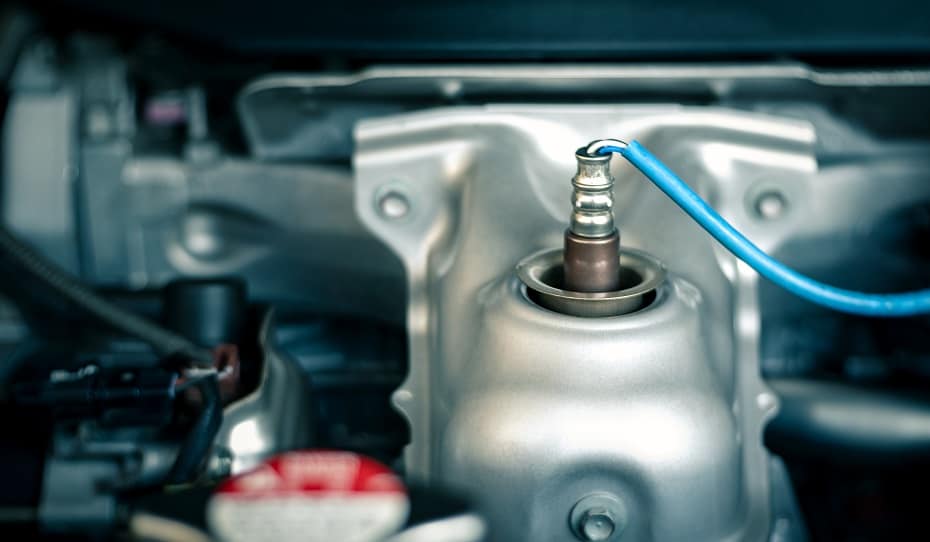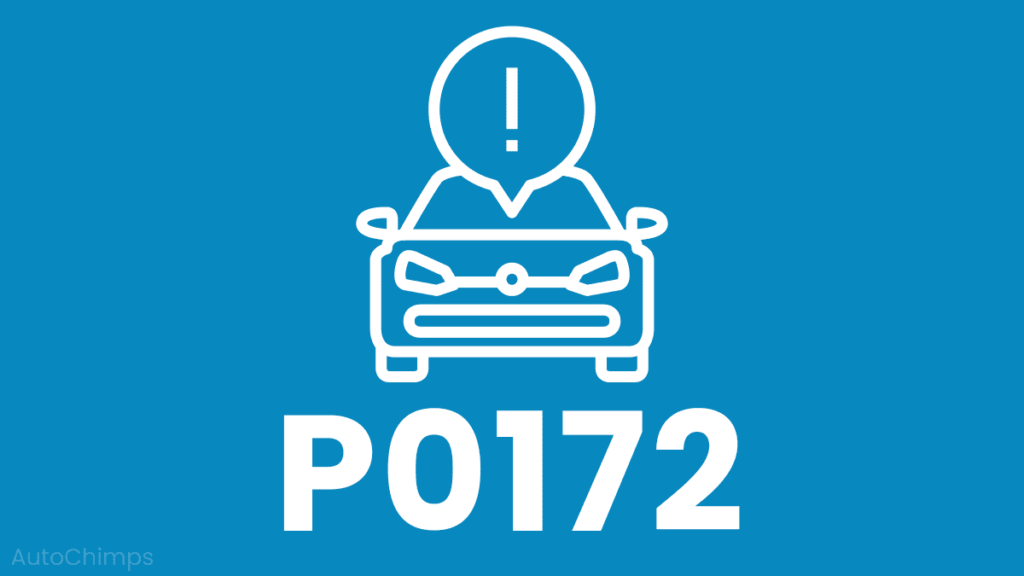



What to Do When Your Car’s Check Engine Light Shows P0172
So, the Check Engine light just popped up, and it’s flashing that P0172 code. What’s the next move? Time to hit up a mechanic. Sure, it’s not an emergency, but ignoring it could lead to a bigger headache—and a bigger bill.
Understanding the P0172 Engine Code

The P0172 code means the system is running excessively rich on Bank 1. Basically, the sensors are picking up way too much fuel compared to oxygen in the exhaust. Think of it this way: if there’s too much fuel, there’s not enough air getting in. Both scenarios lead to the same problem—too much fuel in the mix.
On the flip side, if there’s too much air compared to fuel, that’s known as running lean.
What’s Bank 1?
Bank 1 refers to one side of the engine’s exhaust system. In V-engines, like V6s or V8s, each side is called a bank. For example, in a V8, each bank has four cylinders. Bank 1 is where cylinder #1 hangs out, and it has its own exhaust pipe. This setup helps pinpoint where issues pop up.
Why the P0172 Code Shows Up

Two oxygen sensors are at work in each exhaust pipe: one before the catalytic converter (upstream) and one after (downstream). They keep tabs on how well the cat is doing its job of cleaning up pollutants. If they spot a problem, the Check Engine light comes on, and the P0172 code gets logged.
This code usually means the catalytic converter can’t handle all the hydrocarbons because there’s just too much fuel coming from the engine—specifically from Bank 1.
Symptoms of a P0172 Code
When that Check Engine light is glowing, it’s not just a pretty decoration. Here are some signs that might come along with the P0172 code:
- Strong fuel smell all the time
- Engine misfires
- Low power, especially when pushing hard
- Black smoke from the exhaust
- Rough idling
- Worse fuel economy
- Failed emissions tests
All these issues stem from that rich fuel mixture. Too much fuel means the engine isn’t burning it efficiently, leading to those annoying symptoms.
Common Causes of the P0172 Code

There are a bunch of reasons why a car might be running rich. Here are a few of the usual suspects:
- Faulty or dirty oxygen sensors
- Worn-out spark plugs
Replacing spark plugs is usually a straightforward fix. Oxygen sensors can also be swapped out without too much hassle. If those aren’t the culprits, the problem could be lurking in the ignition or emissions systems.
Other parts worth checking include:
- Fuel injectors
- Fuel lines
- Fuel pump
- Fuel filter
- Fuel pressure regulator
- MAF sensor
- MAP sensor
- Throttle body
- Throttle position sensor (TPS)
- Air filter and intake boot
- Coil packs
- Catalytic converter
- ECU
- Vacuum leaks
Fixing the P0172 Code
When it comes to emissions issues, a mechanic is usually the best bet. They’ve dealt with this kind of thing countless times and have the tools to diagnose the problem accurately.
Often, a new oxygen sensor or spark plugs will do the trick. Mechanics will use diagnostic tools to pinpoint the faulty part, which can then be replaced. Cleaning services and additives, like Sea Foam for the fuel tank, can also help clear things up.
Cost of Fixing a P0172 Code

There’s no one-size-fits-all answer here. Fixing the P0172 code can involve several parts, and the price will vary based on what needs replacing. Here are some rough estimates:
- Spark plugs – around $100
- Oxygen sensor – about $350
- Fuel pressure regulator – roughly $300
- Coil packs – around $250 for a full set
- MAF sensor – about $100
- MAP sensor – around $200
- Fuel system service – about $80
- Carbon cleaning service – roughly $300
- ECU inspection and reprogramming – anywhere from $500 to $1,500
- Engine replacement – starting at $3,000+
While some of these numbers might look scary, it’s best to wait for the mechanic’s diagnosis before panicking.



